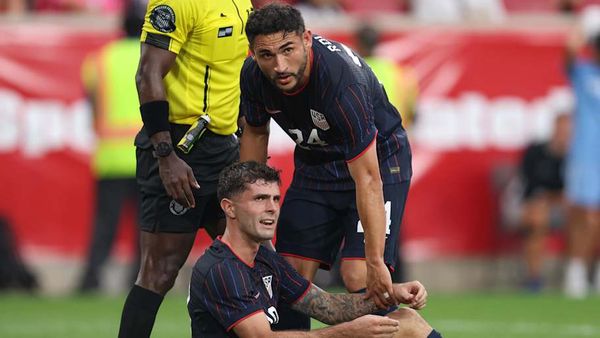Robinhood Markets[ticker symb=HOOD] is a highly rated stock trading above its 50-day and 200-day moving averages, and worth examining as an option trade.
In the first quarter of 2025, Robinhood reported earnings of 37 cents a share, more than doubling from 18 cents a year earlier, and a 50% increase in revenue to $927 million, surpassing analyst expectations.
Transaction-based revenues surged 77% to $583 million, with cryptocurrency revenue doubling year over year to $252 million.
Investors who think Robinhood stock will continue to rally but don't want to risk significant capital can use long call options rather than buy the stock outright. This can be a good way to protect precious capital in these volatile markets.
How To Use A Call Option
A call option is a contract between a buyer and seller. The contract gives the buyer the right to purchase a certain stock at a strike price up until an expiration date. One of the benefits of call options is that they provide leverage. This can be both a good and a bad thing.
Assume an investor wanted to buy 100 shares of Robinhood stock. They would have to invest around $4,800 at the current price. With a call option, the investor could gain a similar exposure using a fraction of the capital.
One call option gives the investor exposure to 100 shares. If an investor were to buy one Robinhood 45-strike call option expiring on Sept. 19, they would only need to invest around $1,020 rather than $4,800, based on recent trading. On Monday, the 45 call option fell to $9.30 a share, or $930 for the right to buy 100 shares of HOOD stock at 45.
The break-even price for this call option is equal to the strike price plus the premium paid. That makes the break-even price 55.20.
The maximum loss on the trade stands at the premium paid of $1,020, which occurs if Robinhood stock finishes below 45 on Sept. 19. However, if Robinhood stock shoots higher, the upside is unlimited.
Another Alternative For Robinhood Stock
Using options in this way can be a great way to gain exposure to a stock without risking as much capital as would be required to buy the stock outright. Savvy traders can further reduce the risk by selling an out-of-the-money call, turning the trade into a bull call spread. Last week we had an earnings winner with Amazon stock, using a bull put spread.
With Robinhood, selling the Sept. 19, 60-strike call would reduce the trade cost by around $445. But this would also limit the upside above 60. A stop loss could be set if Robinhood drops 8% from the entry point.
According to IBD Stock Checkup, Robinhood stock ranks No. 6 in its group and has a Composite Rating of 95, an EPS Rating of 80 and a Relative Strength Rating of 98.
Please remember that options are risky, and investors can lose 100% of their investment.
This article is for education purposes only and not a trade recommendation. Remember to always do your own due diligence and consult your financial advisor before making any investment decisions.
Gavin McMaster has a Masters in Applied Finance and Investment. He specializes in income trading using options, and is conservative in his style. He believes patience in waiting for the best setups is the key to successful trading. Follow him on X/Twitter at @OptiontradinIQ.







